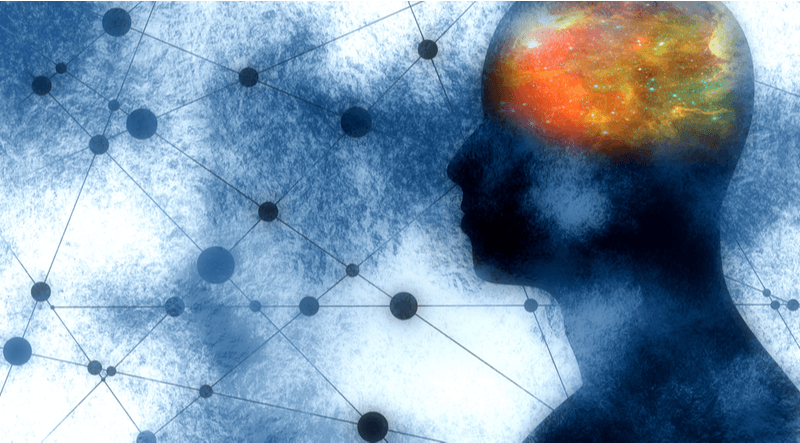
In 2011, I was in the middle of sitting down when I suddenly felt prickling sensations start from my toes, spread up my legs, and make their way into my arms. I was gasping for air. As the sensation traveled up my spine, it overwhelmed my head, and my heart struggled to keep up. Desperate for air and covered in tears, I started praying. I was scared for my life. I didn’t know what was happening, and I thought that perhaps I was experiencing a heart attack or a stroke. I was convinced that I was about to die. Eight minutes later, after more crying and thinking about all the things I still wanted to do in my lifetime… it stopped. It was my first panic attack. From 2011-2014, I was constantly worried because I never knew when the next panic attack would strike. During this time, the panic attacks occurred on a monthly basis. It became such a norm that when I started to get the prickling sensation, I would turn on a timer for eight minutes and curl up on the floor, telling myself that I am not dying but experiencing a panic attack and all will be well again within eight minutes. Every time, I would stare at the timer and watch the digits change. I would wish to be normal again. At the time, I didn’t know anyone who was also dealing with this type of situation. I didn’t know where to turn for help, either. When I finally realized what was the cause of the panic attacks, it stopped, and it no longer dictated my life. I still deal with anxiety from time to time, but knowing what my limits are helps substantially. To reduce anxious feelings, I do a once-a-week technology detox and spend time with my Shiba, Sherlock. Whenever I feel like I’m about to feel overwhelmed in my head, Sherlock picks up on it and comes running and sits by my side until I feel better. When away from her and traveling, I have my family and close friends who I call when I need to talk to feel better. I also speed-walk or run in the gym with headphones blasting music to reduce the anxious feelings… and, of course, I spend plenty of time dancing when no one’s looking. When I entered infosec for the first time, I didn’t feel like an outsider. I finally found a community that experiences anxiety, as well. Last year, I came across an RSAC talk around mental health in infosec by Ryan Louie, a psychiatrist. I immediately reached out to him. We talked about mental health issues that hackers experience. Burnout, anxiety, and depression were among those that are most prevalent. So we combined ideas and decided we should do a talk that goes into depth of all three mental health concerns for security professionals in the near future. One week later, I came across Mental Health Hackers (MHH) at BSides Austin 2019. I immediately felt MHH was a sanctuary for me. Honestly, MHH is needed at every infosec conference. Initiatives like this let us know that there are people out there willing to help and support other members of the community. With the support of Ryan Louie, MHH, and their COO, Susan Peediyakkal, a talk was formed to discuss the mental health issues that hackers face along with symptoms and treatments for burnout, anxiety, and depression. We also decided to cover how to be supportive of those who are going through mental health issues, all while sharing our personal stories. If you are attending BSidesSF, make sure to catch our talk “Mental Health for Hackers: Contents Under Pressure” at 2.24 at 4:30PM PT. Susan, Ryan, and I will be around for one-on-ones after the talk to answer questions, provide suggestions, and listen. We hope attendees leave with a better understanding of mental health and want to help our hacker community. (Spoiler alert: It will take all of us in the community to make it better.)

About the Author: Chloé Messdaghi is the VP of Strategy at Point3 Security. She is a security researcher advocate who supports safe harbor and strongly believes that information security is a humanitarian issue. Besides her passion to keep people safe and empowered online & offline, she is driven to change the statistics of women in InfoSec. She is the President and co-founder of Women of Security (WoSEC) and heads the SF Bay Area chapter. As well, she created WomenHackerz, a global online community that provides support and resources for hundreds of women hackers at all levels. Editor’s Note: The opinions expressed in this guest author article are solely those of the contributor, and do not necessarily reflect those of Tripwire, Inc.
Meet Fortra™ Your Cybersecurity Ally™
Fortra is creating a simpler, stronger, and more straightforward future for cybersecurity by offering a portfolio of integrated and scalable solutions. Learn more about how Fortra’s portfolio of solutions can benefit your business.

